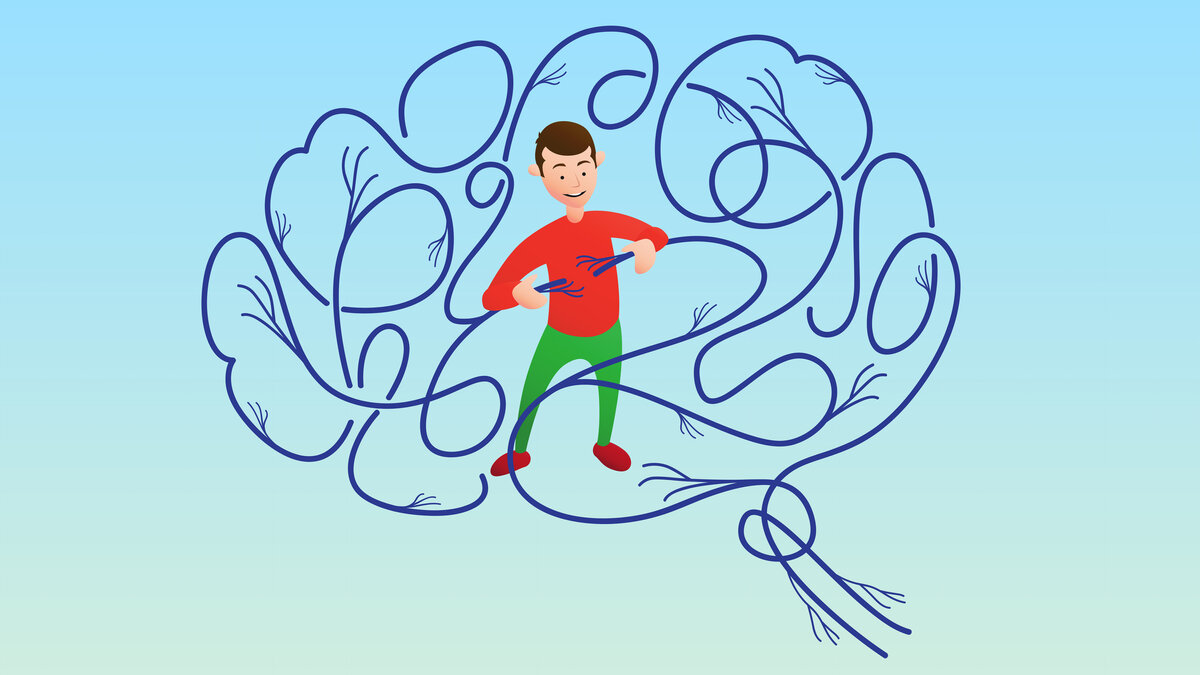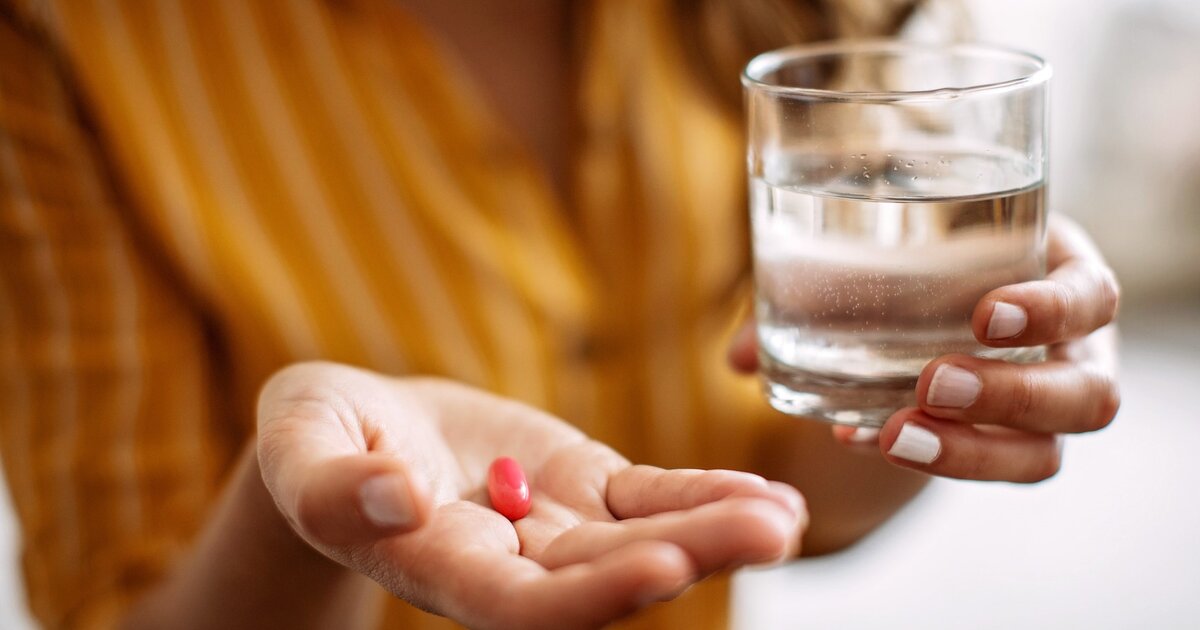The human brain is a fickle beast. One day we might be feeling on top of the world, and the next day we can wake up and not want to get out of bed. For individuals who experience mental illness and substance use disorders, these ups and downs can be especially troublesome.
Many people make the decision to turn to anxiety or depression medication to mitigate the fluctuations in their brain and emotions. Though medication is important to the mental health care plan for many people, it is important to understand that it cannot stand alone. Our brains are constantly adapting and absorbing information, and if you don’t give the medication the natural boost it needs, it will create a medication dependency.
Luckily, there are ways to retrain your brain so that it learns to self-regulate during episodes of mental illness without a climbing influx of medication. In this way, we can avoid becoming addicted to our medications, and constantly needing more and more to feel okay.
Understanding Neurotransmitters
Before we discuss behavioral changes, it is important to understand a little bit about how the human brain works. When we get a better idea of what is going on, we can more effectively use the tools at our disposal to create our preferred mental state.
Areas of the Brain
The human brain has many distinct parts, but the two we will focus on are the limbic system and the prefrontal cortex. The limbic system is charged with releasing emotion-related chemicals, while the prefrontal cortex is charged with executive function. When it comes to mental health, messages are constantly moving between the limbic system and the prefrontal cortex; as we do something, we experience an emotion, and as we experience an emotion, we do something.
Types of Neurotransmitters

Under the umbrellas of excitatory and inhibitory neurotransmitters, there are many distinct neurotransmitters that have different functions.
These include:
- Gamma-Aminobutyric Acid (GABA): Creates calm, peace, and ease. It is the brain’s main inhibitory neurotransmitter.
- Dopamine: The reward and pleasure neurotransmitter and can be either inhibitory or excitatory.
- Glutamate: Produces the brain’s memory formation and is the main excitatory neurotransmitter in the central nervous system.
- Serotonin: Regulates appetite, sleep, mood, etc. and is an inhibitory neurotransmitter
- Norepinephrine: The motivation and stress neurotransmitter. It is inhibitory.
The main culprit for addiction and harmful behavior when it comes to mental health is glutamate. Because it is the memory neurotransmitter, it focuses on creating patterns and locking them into memory.
Medication Dependence and the Brain
When a person takes medication for mental health, glutamate tells the brain to associate the action of taking medication with relief from their symptoms. For example, let’s say that you feel anxious, so you drink a glass of wine to help calm you down. When you do this enough times, the glutamate in your brain realizes that the wine is associated with anxiety relief, and will begin to create cravings for it whenever you feel anxious.
The same goes for mental health medications like SSRIs, SNRIs, and antidepressants. Glutamate creates the pattern of taking a pill and then feeling better. This means that you will begin to need more and more medication as this pattern of medication and relief becomes more pronounced in your brain.
So, let’s say that you take medication for anxiety in the morning and the evening, and it works well for a while. After several months, you notice that you are often feeling anxious in the afternoon as well, and consider having your dosage increased so you can take the medication in the afternoon too.
This has occurred because of glutamate’s insistence on seeing a pattern — you feel better when you take your medication, so obviously your brain should prompt you to do that every time you feel anxious. Luckily, there are ways to reprogram your brain and avoid this compounding problem.
Take A Pill, Do A Skill
This method may sound whimsical, but it is a highly effective way to use positive behavioral skills to help alleviate your mental health symptoms. Fortunately, it is just as easy as it sounds.
As you take your medication, try doing a healthy behavior or “skill” along with it. In time, glutamate will begin to create a memory pattern between mental illness relief and your healthy behavior.
Let’s refer back to the example above, where you take one anxiety pill in the morning and the evening. As you are taking your pill, you listen to some upbeat music. After practice, glutamate creates a connection between upbeat music and feeling better. Then, when you feel anxious in the afternoon, your brain will likely prompt you to listen to upbeat music to help with your anxiety.
By using the take a pill, do a skill technique, you are allowing your body to use natural coping mechanisms. Though medication is an important tool for many people, you must be careful about creating too strong of a brain connection between drugs and relief. This is how addiction and medication resistance occur.
Watch this Video by Sage Neuroscience Center Therapist & SUDS IOP Facilitator, Solomon Foulk, on the method, “Take a Pill, Do a Skill”:
Tips for Retraining the Brain
As we mentioned, the brain is complicated. The best way to fully retrain your brain is to participate in naturally inhibitory and excitatory activities. In order to achieve equilibrium and balanced emotions, take a pill and then do a skill. This helps glutamate to better associate peace and balance with taking one’s medication.
It can be difficult, at first, to develop a routine for “take a pill, do a skill” that works for you. To make it easier, try choosing one of each of the following categories. Both are necessary to achieve the best results.
Excitatory Reprogramming Activities
The following activities will act as a stimulating activity to reprogram your brain:
- Dancing or listening to upbeat music
- Cleaning or doing yardwork
- Laughing
- Intense or strenuous exercise
- Drinking water
Inhibitory Reprogramming Activities
The following activities will act as a relaxing activity to reprogram your brain:
- Taking a hot bath or shower
- Meditation or paced breathing
- Brushing your hair
- Reading
- Progressive muscle relaxation
- Counting backward
Using Take A Pill, Do A Skill for Anxiety and Depression

Let’s say that the person has a depression symptom around 7:00 in the evening. Rather than turning to another pill or a drug, their brain would likely prompt them to drink a glass of water and then read for 10 minutes, since their brain associates those activities with depression symptom relief. This individual will likely have an easier time self-soothing and will likely not need to increase their dose as frequently as someone who did not take a pill and do a skill.
Using Take A Pill, Do A Skill for Substance Use Disorders
This method is not limited to anxiety and depression. It shows incredible promise as a tool to help with substance use disorders as well. Many people develop substance use disorders after using drugs or alcohol to feel a certain way. For example, a person may do a bump of cocaine when they feel depressed. The more they do this, the more the brain creates a connection between cocaine and feeling better. Their body will begin to want cocaine more and more often, to manage their depression.
When that same person goes into recovery, the cocaine is removed from their lifestyle. However, the brain continues to submit inhibitory and excitatory neurotransmitters throughout its different areas. First, this will manifest as cravings. Your body will want drugs or alcohol because it associates those substances with the feelings being experienced.
If the craving doesn’t create the desired result, the brain will attach to mental illness symptoms. Without the drug to tie the feelings of excitement/stress and relaxation/depression, the brain will begin to associate the neurotransmitters with anxiety and depression instead. It will then use anxiety as the excitatory inspiration, and depression as the inhibitory inspiration. The person will fluctuate between the two, as glutamate has created a memory association there.
The idea is to replace both drugs/alcohol and anxiety/depression with healthy behavioral habits. When experiencing substance use disorder, an individual can use one excitatory and one inhibitory task from the above lists to take part when they experience a drug or alcohol craving.
In the above example, the individual using cocaine may decide to partake in strenuous exercise and then take a hot shower every time they feel depressed or crave cocaine. This helps to reprogram the brain with habits that are much healthier and much more sustainable than cocaine use.
Practicing Patience
A lot of our modern world is about instant gratification. Unfortunately, “take a pill, do a skill” cannot provide that. In fact, nothing can provide an instant and sustainable solution for anxiety, depression, or substance abuse disorder, not even medication.
It is important, therefore, to exercise patience when developing your new habit. Though the brain is incredibly powerful and can rewire with alarming speed, it does require patience and practice to change memories and associations completely. If you do not see results immediately, keep trying. Age, drug and alcohol history, length of time on medication, genetic makeup, surroundings, and even diet can all affect how quickly your brain adjusts.
Learn New Healthy Skills At Sage Neuroscience Center in New Mexico
Retraining your brain is difficult, no matter who you are. Here at Sage Neuroscience Center, we are here to help you with whatever you are going through. We have a no-judgment, come-as-you-are mentality, and we welcome people of all situations into our facility. We use practicality, logic, science, and evidence to help you to overcome substance abuse, mental illness, and a host of other health conditions.
For more information, please feel free to contact us at any time.
